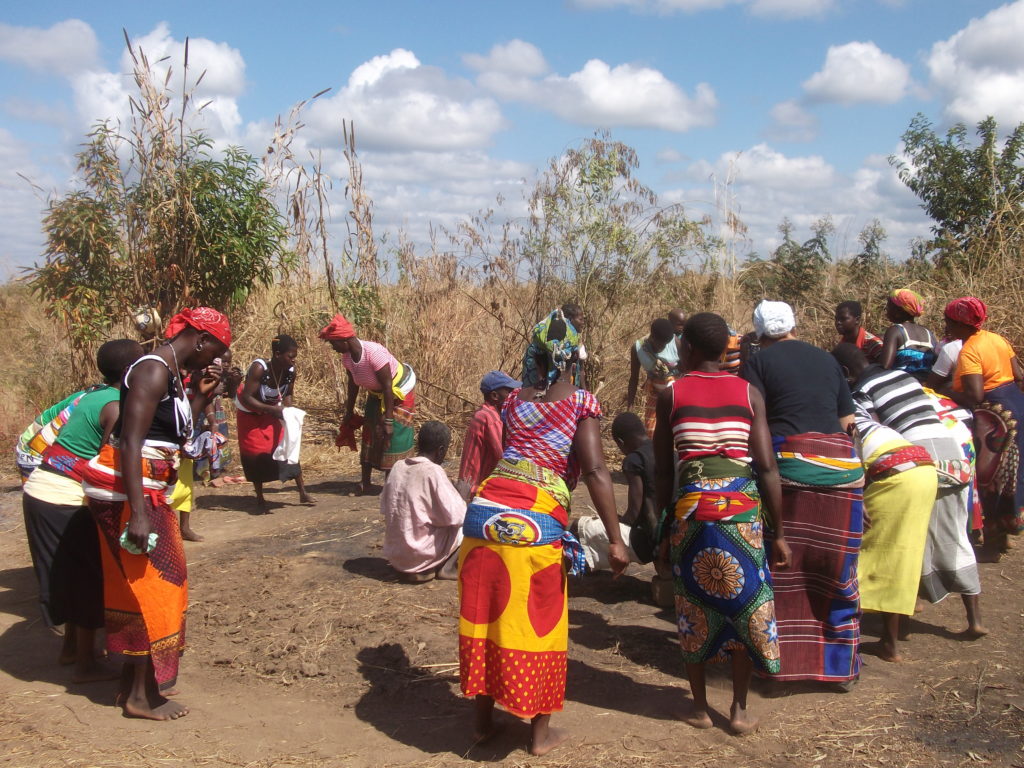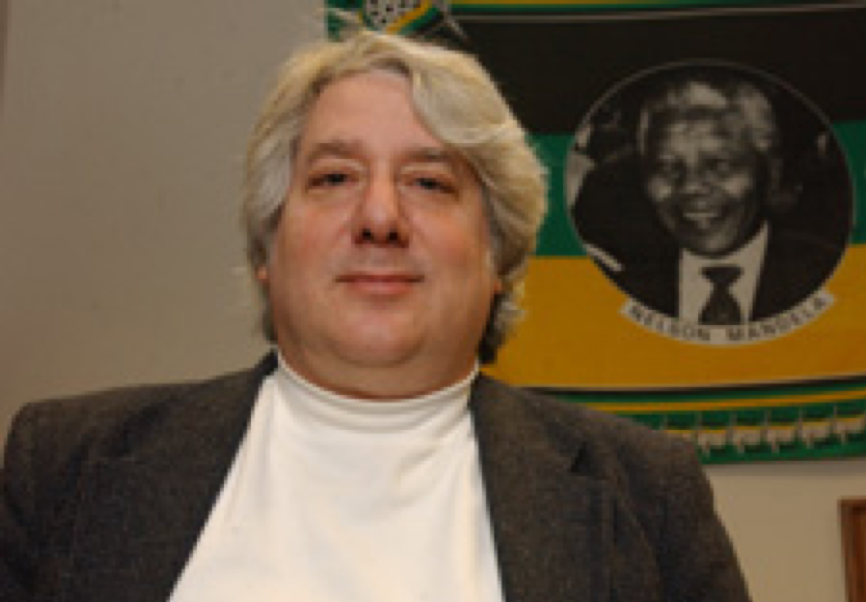
I was delighted to read Devaka Premawardhana’s recent book, Faith in Flux: Pentecostalism and Mobility in Rural Mozambique. This book offers a rich description of the complex process of sustained interaction between Makhuwa religious traditions, Islam and Catholicism, and new religious traditions associated with Pentecostalism that have become important influences since the end of the Mozambican civil war. Premawardhana builds on careful and sustained field research and an ability to step back and interpret his data with an impressive command of theories relevant to the study of religious change, from Robin Horton to Pierre Bourdieu. In far too many studies of the history of Christianity in Africa, authors assume the steady growth of new religious traditions, treating any resurgence of African traditions as backsliding, rather than a creative response to the challenges of an invasive religion. For example, Robin Horton asserts that African religious influence reaches “the limit of its potential for expansion and development,” (107) before traditions ultimately succumb to what Horton sees as depersonalized forms of religion which are better adapted to modernity. These then become the forms of religion which prevail in the future. Premawardhana complicates the assertion both by scholars and by Pentecostals themselves who claim that conversion to their form of Christianity represents a rupture with prior religious traditions. He demonstrates the ways in which the Mahkuwa’s stress on mobility asserts itself even within Pentecostal movements which strive to separate themselves from the more fluid border between Catholicism and Makhuwa traditions. Throughout the work, Premawardhana moves back and forth between rich descriptive materials and insightful interpretations. This book will be useful not only to students of African religions, but also to anthropologists, historians of religion, psychologists interested in religious conversion, and development specialists interested in the ways that indigenous knowledge systems insert themselves into new situations and make them more understandable and controllable.
Premawardhana immediately takes the reader into the community where he worked, showing how Pentecostals, Catholics, and adherents of Makhuwa traditions cope with the challenges of post-colonial Mozambique, a nation that gained its independence after a long insurgency, only to be divided by a bitter civil war. He examines the way that these different religious traditions are used to explain success and failure in the economic sphere, as well as the tragic death of a young girl within his host family. He brings us into the lives of the community by situating himself and his wife within it, following the best traditions of reflective anthropology. He also provides the readers with insights into the Mozambican Pentecostal minister and teachers who are deeply troubled by the persistent demands of Makhuwa to move between the new teachings and their own received traditions. The ministers complain that Makhuwa converts maintain “one foot in the church and one foot in tradition” (97). This is strikingly similar to their willingness to build houses in settled communities along the road and their insistence on living out in the bush. Outsiders, from government agents to development specialists to religious teachers, express their frustration with their inability to sustain the changes they seek to impose in Makhuwa communities. These communities insist on incorporating new ideas and practices within their cultural frameworks. He provides interesting examples of the way that the post-Vatican II missionaries have embraced Makhuwa cultural practices and been allowed to play a central religious role in such important events as male initiation. Teachings, however, are carefully separated for the initiates. Catholic teachings are taught in the daytime and Makhuwa traditions are taught at night. Premawardhana’s understanding of this form of community ritual practice allows him to critique ideas of syncretism and hybridity in favor of mobility.
Part of the reason that this mobility persists, however, is the far greater prominence of women healers and ritual specialists in Makhuwa practice than either among Catholics or Muslims. Despite the strenuous opposition of Pentecostals to local traditions, they are the only ones who have a parallel practice of women as healers. Neither Muslim nor Catholic women exercise leadership roles in any way comparable to that of Makhuwa practitioners or the Pentecostals. The parallels between Pentecostal and Makhuwa traditions are not just limited to matters of gender. Their emphasis on using ritual to directly influence people’s daily lives are similar. But Pentecostals place these rituals within the context of rupture, and of a linear progression toward their religious community. Makhuwa seek to shape them in more fluid ways.
I write this as someone who has had a long engagement with these issues, albeit on the opposite end of the continent, among the Diola of Senegal. In a 1990 article, “The Emergence of a Diola Christianity,” I critiqued Robin Horton’s intellectualist theory of conversion by focusing on conversion as a long process in which conflicts between older systems of belief and the demands of the new religious tradition must be resolved, though in a variety of ways. Horton explicitly links conversion to Islam or Christianity from African religious traditions to the colonial-inspired breakdown of localism and a perceived need to emphasize a supreme being which would be better able to deal with problems of what he calls the “macrocosm” than local spirits who dominate what Horton calls the “microcosm.” One way that Diola converts confronted these issues was through what I called “reconversion,” which occurred when the Church did not allow questions arising from local experience to be addressed in the new religious community. When the need for these spiritual questions grew to such an extent that they could not be ignored, converts renounced their new religion and returned to their original religious community, carrying with them new ideas and experiences. Looking back on that article that I wrote 20 years ago, I am struck by how much more nuanced Premawardhana’s approach is. He shows us how Makhuwa assert their own cultural values, and how their ways of understanding community, locations, and mobility were inserted into their new religious communities right from the beginning. His insights into religious mobility will definitely influence my next book project on women prophets in post-colonial Senegal, a book project that I am just beginning to write. In several cases, women raised within the Islamic or Christian tradition became prophets in the Diola religious tradition. In other cases, they have remained outside but aware of these traditions, while embracing their new prophetic roles. Like the Makhuwa, the Diola continue to find understandings of their contemporary situation arising from Diola traditions quite compelling, both within and outside of Christian or Muslim contexts. The concept of religious mobility will help me understand the persistence of the Diola religion within a Senegalese environment dominated by Islam and Christianity.
Devaka Premawardhana has written an important book on the sustained encounter between Makhuwa communities, Christians, and Muslims. His careful field research provides a firm base from which he can shed light on many of the long-standing debates within the study of post-colonial societies and the religious transformations that are so important to understanding them.

